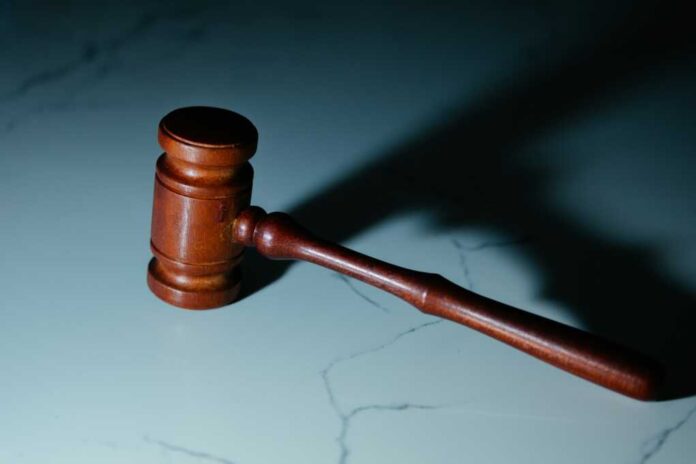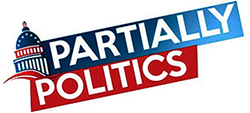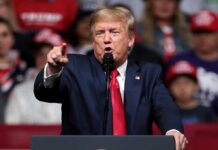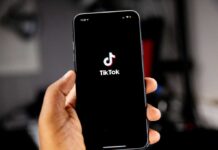
(PartiallyPolitics.com) – Assembling a jury for the first criminal trial involving a former U.S. president presented unique challenges, especially given the defendant was Donald Trump. The potential jurors, during the initial stages of the process, expressed significant stress and discomfort at the prospect of serving on this particular case.
One prospective juror was visibly shaken, confessing to feeling anxious and unsure about her ability to judge impartially, stating through tears that she couldn’t undergo the scrutiny and pressure expected of a juror in such a high-profile trial. Her sentiment was echoed by others who found the media glare and the contentious nature of the case overwhelmingly stressful.
Over the course of four days dedicated to jury selection, a widespread sentiment of anxiety and unease was palpable among the potential jurors. Many expressed concerns over the relentless media coverage and the divisive political atmosphere surrounding the trial. A considerable number immediately voiced their inability to remain unbiased, reflecting the polarizing effect Trump has had on the public.
As the selection process progressed, some potential jurors became visibly nervous when questioned in the courtroom, particularly with Trump present only a few feet away. This proximity seemed to heighten their discomfort, with some requesting to be excused due to their emotional responses.
Despite these challenges, a jury was eventually formed, consisting of twelve main jurors and six alternates. They were tasked with deliberating on charges that Trump falsified business records to hide a payment to an adult film actress, aimed at influencing the outcome of the 2016 election.
Trump, maintaining his innocence, pleaded not guilty and voiced concerns about receiving a fair trial in Manhattan, a region known for its Democratic leanings. He criticized the judge and framed the trial as a politically motivated attack orchestrated by his opponents, which he frequently termed a “witch hunt.”
Amid these proceedings, Trump continued to vocalize his grievances on social media platforms, despite a gag order. His lawyers, meanwhile, scrutinized jurors’ social media for any signs of bias, challenging those who had made negative remarks about Trump.
The trial, taking place in Trump’s native New York City, not only underscored his complex relationship with the city but also spotlighted the deep divisions and intense public interest that his presidency and subsequent legal challenges have generated. This trial, watched globally, underscored the enduring impact of Trump’s legacy on the city and the nation.
Copyright 2024, PartiallyPolitics.com













